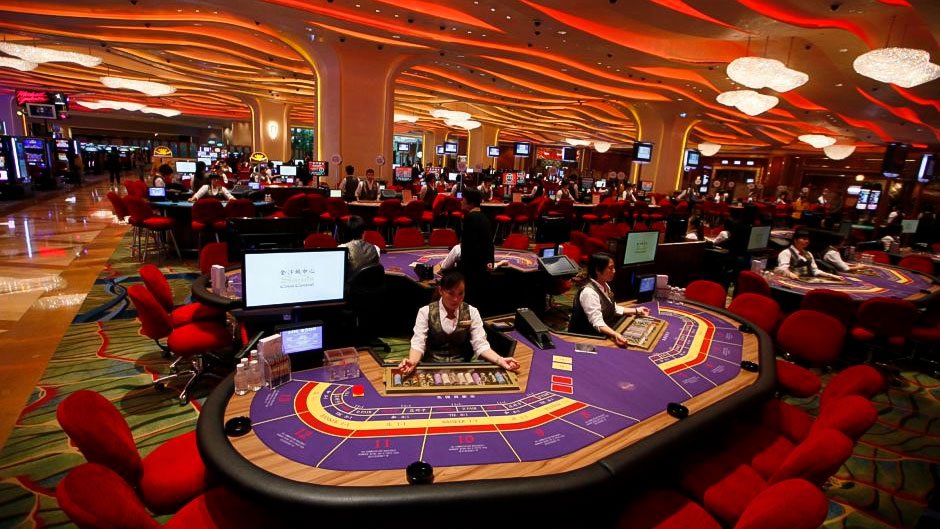In 2023, the increased number of gamblers resulted in improved services at casinos, as revealed by a survey conducted by the Macau Gaming Research Association (MGRA) to generate the Gaming Service Index (GSI).
The findings of the survey, conducted by SGS Hong Kong on behalf of MGRA, were announced during an online symposium held early this week, the Macau Daily Times reported.
Mystery customers were utilized in the survey, assessing services from the third and fourth quarters of the previous year. The evaluation focused on seven frontline departments—table game-dealer, slot machine, cashier, security, membership, shuttle bus, and cloakroom—at 12 prominent local casinos. The surveyed casinos included Grand Lisboa, StarWorld, MGM Macau, Sands, Wynn Macau, Grand Lisboa Palace, Galaxy, MGM Cotai, Venetian, Wynn Palace, City of Dreams, and Studio City. A total of 864 datapoints were collected as part of the survey.
The survey revealed that the GSI reached a historic high of 145 points in 2023 with the base point being at 100. The index is divided into two components: Macau Peninsula and Cotai GSIs. Last year, the Macau Peninsula GSI reached 144, marking a historic high. Simultaneously, the Cotai GSI, after experiencing fluctuations for several years, stabilized at 154, equivalent to the level recorded in 2019.
Despite reports of a decline in service quality in non-gambling sectors such as dining and retail after the return to normal travel in 2023, the casino industry recorded improvements, according to the survey. Hannah Koo from MGRA suggested that the past years of business standstill in the casinos might have contributed to this trend.
“Probably after three years of emptiness, casino workers were elated to see customers returning,” Koo was quoted as saying in the report.
According to her, previous survey editions indicated that the optimal number of gamblers at a single table for best service quality is about seven to nine. She interprets that before the pandemic, certain croupiers preferred to remain at an empty table, opting for inactivity over serving only a few gamblers. However, when the number of gamblers increased to between seven and nine, the croupier’s motivation to provide service improved.
Expanding on Koo’s statement, Cheryl Tso from SGS emphasized that the standards for service quality in the gambling industry may not align directly with those in other sectors. Customers in different industries may prioritize distinct qualities compared to those in the casino context. Tso further noted that while there have been documented improvements in service quality, a more in-depth analysis is necessary to ascertain whether these changes represent a fundamental shift or a sporadic occurrence, the report said.
Representatives from local casino operators were present, but no additional opinions or interpretations were provided during the announcement.



